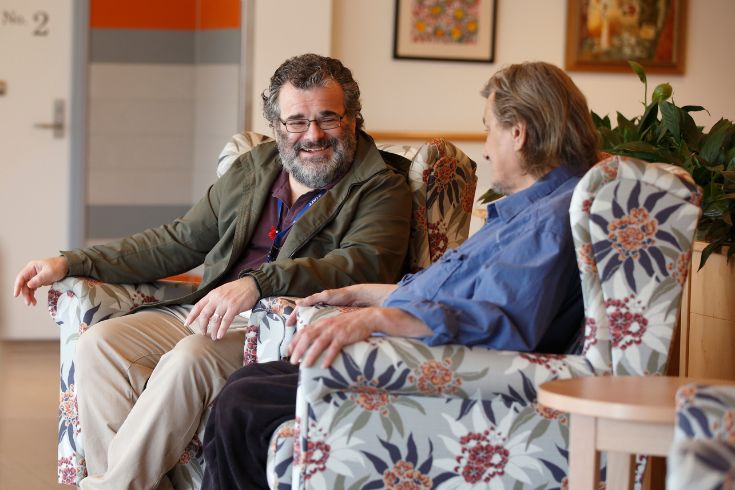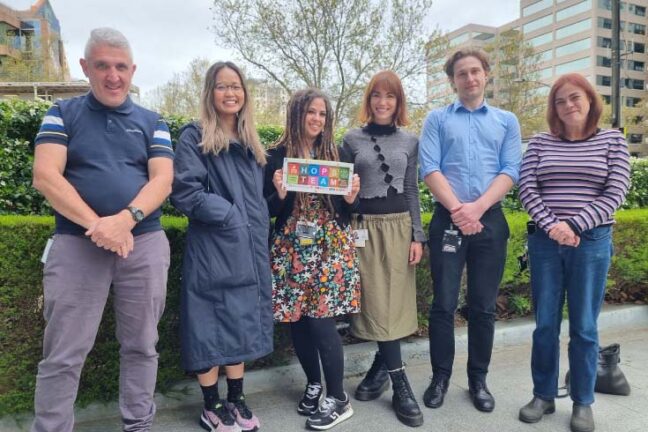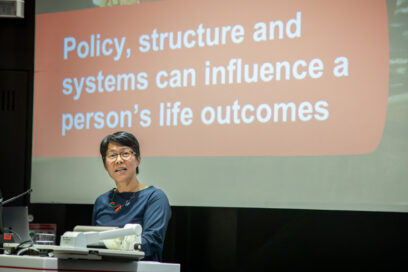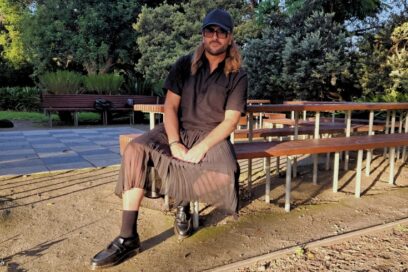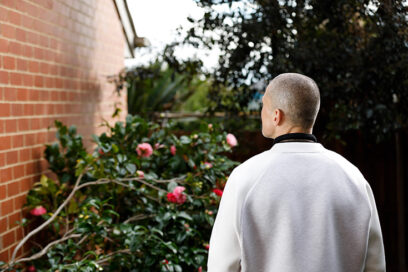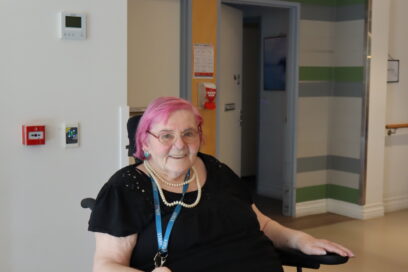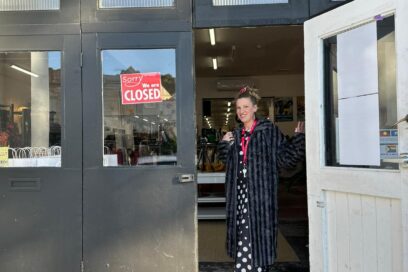“Since the HOPS and Sacred Heart Mission partnership was implemented, we are seeing less social isolation and psychosis overall,” says Larissa Berrell, Outreach Coordinator and Senior Nurse of the HOPS program.
“The most significant change comes from the grassroots level, role modelling, and where clients see others experiencing positive changes in their mental health directly, they are more likely to engage with us,” says Larissa. “Clients don’t always need our help forever, but when experiencing homelessness, they need additional support to get back on their feet.”
The importance of access to treatment, particularly for people with complex mental health needs, cannot be understated. When someone does not access appropriate treatment in a timely manner, the risks to that person, their loved ones and broader society can be severe. Without intervention, people are more likely to use substances to manage their pain, engage in self-harm or self-destructive behaviour, and have contact with the police and justice systems.
Essential to good mental health is access to housing. “Without housing, there is a greater risk of trauma, and it is much harder to maintain positivity and ability to look after yourself – physically and mentally,” says Larissa.
“We need more housing. We need more accommodation with support like Sacred Heart Mission’s Rooming House Plus Program (RHPP), says Larissa. “For people who have long histories of homelessness and complex mental illness, housing is essential – from there we can wrap support around people and help them address their goals.”


